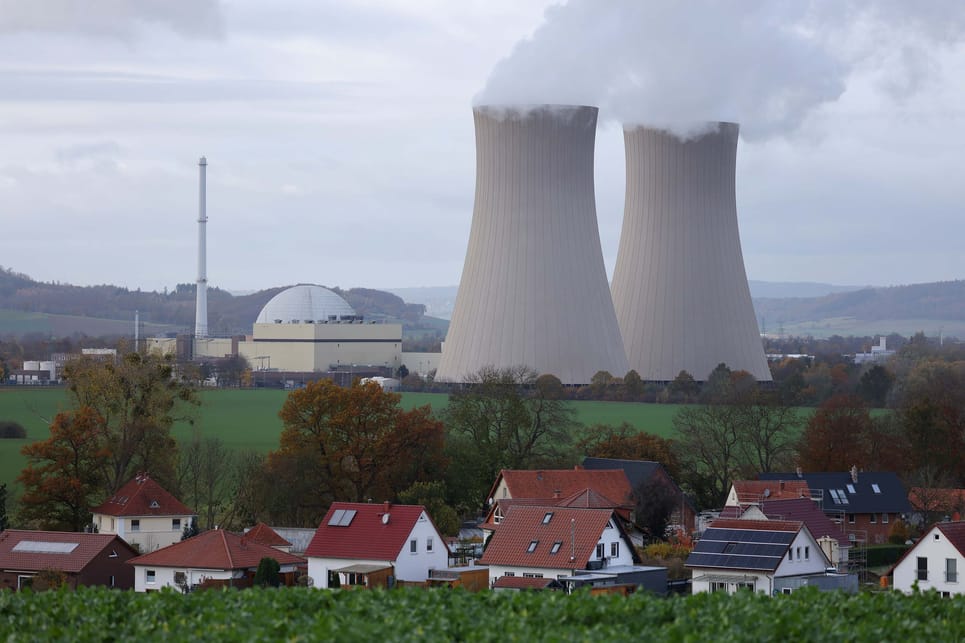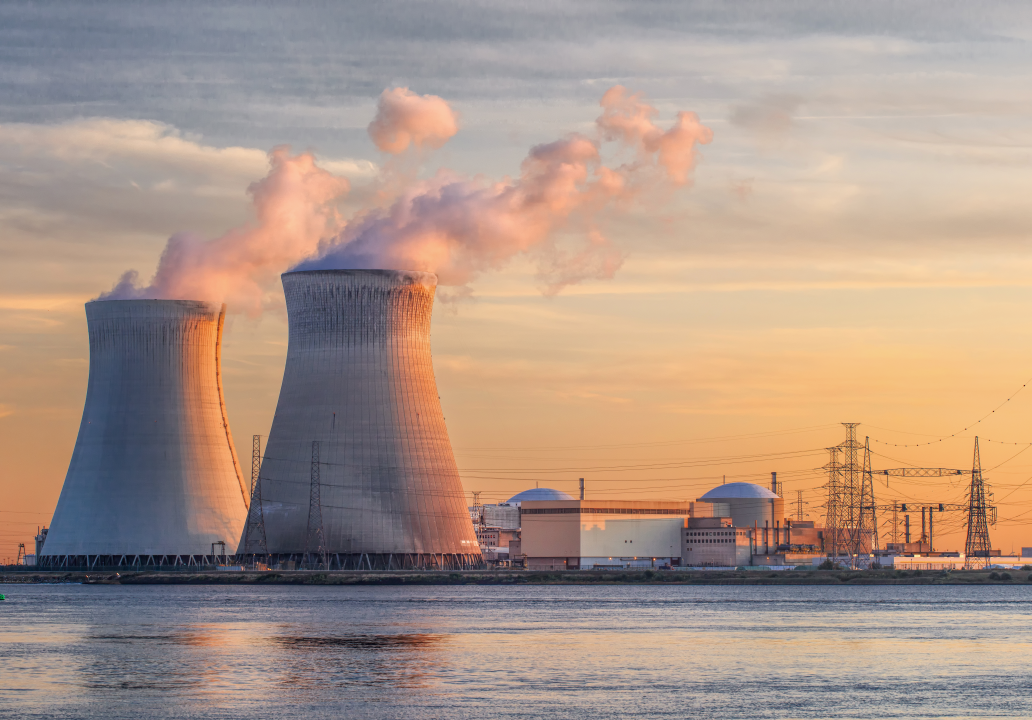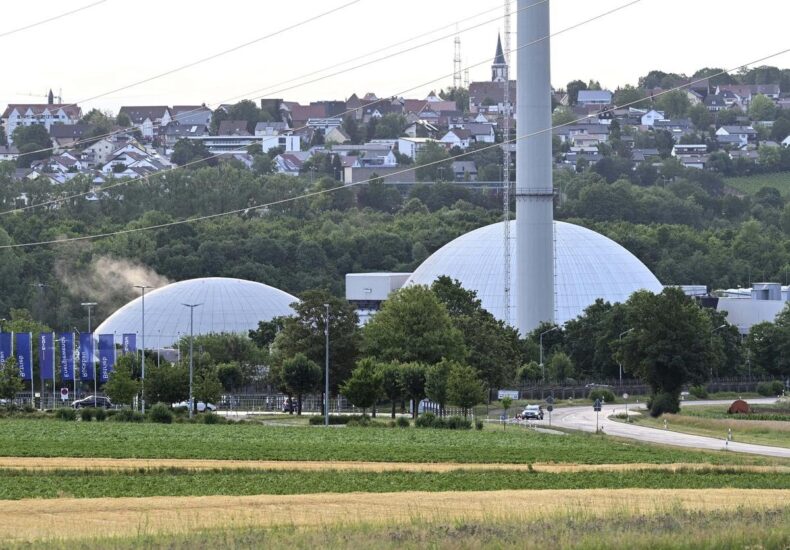Russia has snapped natural gas supplies to Germany via Nord Stream 1 to 20% capacity. The suspension has led to Germany debating should they switch off their nuclear power plants.

After the Russian reduction of gas supply to Germany, the Germans have been pondering fuel rationing. Currently, Germans are debating whether they should switch off their three nuclear power plants. In mid-July, Germany’s Economy Ministry announced a new “stress test” on the security of electricity supplies. These tests were to ascertain the sustainability of Germany’s electricity supplies in a tougher scenario. Since then, Russia has reduced gas supplies to Germany via Nord Stream by 1 to 20%.
Russia currently supplies about a third of Germany’s gas requirements. When Russia reduced its supplies, it cited technical issues that Germany dismissed as an excuse for the political power play. Given the current scenario, Germans fear it could turn off the tap altogether. In such a scenario, the Germans are debating whether to extend or shut off their nuclear power plants.
Germany Debate on Nuclear Power Plants
In Germany, the main opposition Union Bloc has made demands to extend the nuclear power plant’s lives. In PM Olav Scholz’s ruling coalition, the pro-business Free Democrats are making similar demands.

“A lot speaks about not switching off the safe and climate-friendly nuclear power plants, but if necessary, using them until 2024,” Free Democrat Leader and Finance Minister Christian Lindner told the Bild am Sonntag newspaper on Sunday. He also called for Economy Minister Edward Robert Habeck to stop using gas for electricity.
Such demands are, however, awkward for Scholz and Habeck’s center-left/environmentalist green coalition. The Greens have opposed nuclear energy for a long and it is the cornerstone of the Green identity. A left-green coalition had already launched Germany’s exit from nuclear power decades ago. In 2011, after the Fukushima accident in Japan, Chancellor Angela Merkel’s center-right Union and the Free Democrats set up the form of a German nuclear exit. It calls for the three still operational nuclear power plants to go off in December.
SDP and Greens on Nuclear Power Plants
Robert Habeck has long argued that keeping nuclear reactors working would be an uphill task. Nuclear power plants would do little to solve problems caused by shortages of gas supplies. Natural gas isn’t so much a factor in generating electricity as in fueling industrial processes and providing heating.
“ We have a heating problem or an industry problem, but not an electricity problem—at least not throughout the county,” Habeck said in mid-July.

During this year’s first quarter, nuclear energy comprised 6% of Germany’s electricity generation and gas 13%. “ We must work to it that the electricity crisis doesn’t come on top of the gas crisis,” Lindner said.
However, some greens have allowed for a more flexible stance towards the use of nuclear power plants. They indicate that they may consent to keep one or more reactors running for a short period of time. Others are not impressed by the idea. “That is a lifetime extension” for the nuclear reactors. These extensions require changes in law, and “ we won’t touch that,” said Jurgen Trittin, Germany’s Environment Minister.
The right-leaning critics, however, say that these are not enough. Opposition leader Friedrich Merz has urged the government to immediately buy new fuel rods for the remaining reactors. Senior lawmaker Alexander Dobrindt calls for reopening already shut reactors. “ In this situation, lifetime extensions for nuclear energy for five more years are conceivable,” he said. Meanwhile, the Olav Scholz government said it is waiting for the stress tests to come before making any decisions.
(Inputs, ABC News, Associated Press)
Read More: EU parliament declares natural gas and nuclear energy as green energy
Read More: Shipment of Natural Gas to Europe’s Energy Crunch, Relief for Europe












